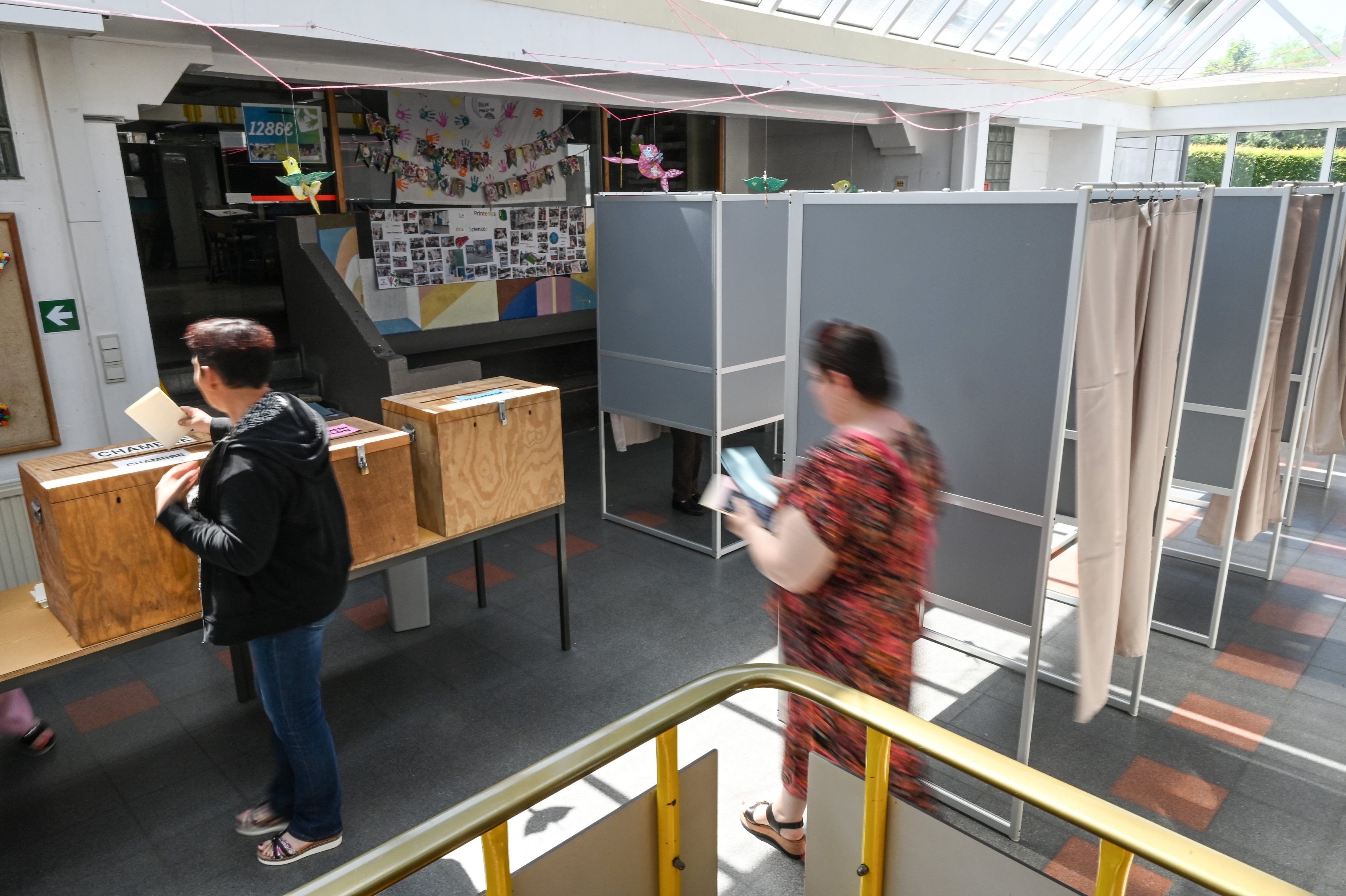Study shows little difference in political preference between Flemish and Walloon voters

Walloon and Flemish voters tend to be largely aligned when looking at their political preferences, according to a study by seven Belgian universities.
Voters in the two regions are generally perceived to have radically different political views. People in Wallonia are seen as being more left-wing while Flemish voters align with right-wing policies. The success of the far-left PTB in Wallonia and the far-right Vlaams Belang in Flanders in the 2019 federal elections reinforced that perception.
However, this year’s election – with strong results for liberals MR and Christian democrats Les Engagés among francophone voters, and socialists Vooruit and far-left PVDA in Flanders – challenged the stereotype.
Left-right spectrum
Political scientists at UAntwerp, ULB, UC Louvain, VUB, KU Leuven, UNamur and UGent have now examined the extent to which those interpretations of the 2024 elections are verified. They conclude that, on average, Walloon and Flemish voters are not that far apart in terms of political preferences and where they place themselves on the left-right spectrum.
Most voters want the government to intervene in the economy and want migrants to integrate with European culture, for example. Regarding state reform, Flemish voters tend to prefer maintaining the status quo, while Walloon voters are slightly more in favour of a powerful federal government.
"For opinions on government intervention in the economy, we see a very small shift to the right in Flanders"
“For opinions on government intervention in the economy, we see a very small shift to the right in Flanders, but no such shift occurs in Wallonia,” the researchers say. “For general left-right placement and opinions on immigrant integration, average scores in both regions remain stable between 2019 and 2024.”
What stands out, however, are shifts within the voter groups of political parties. Within the same party, voters may suddenly score more to the right while others move more to the left. “It may be that voters of these parties have changed their views, but it may also be that the composition of these voter groups has changed.”
Voters at a polling station in Léglise, Luxembourg province © PHOTO BELPRESS
Related news

